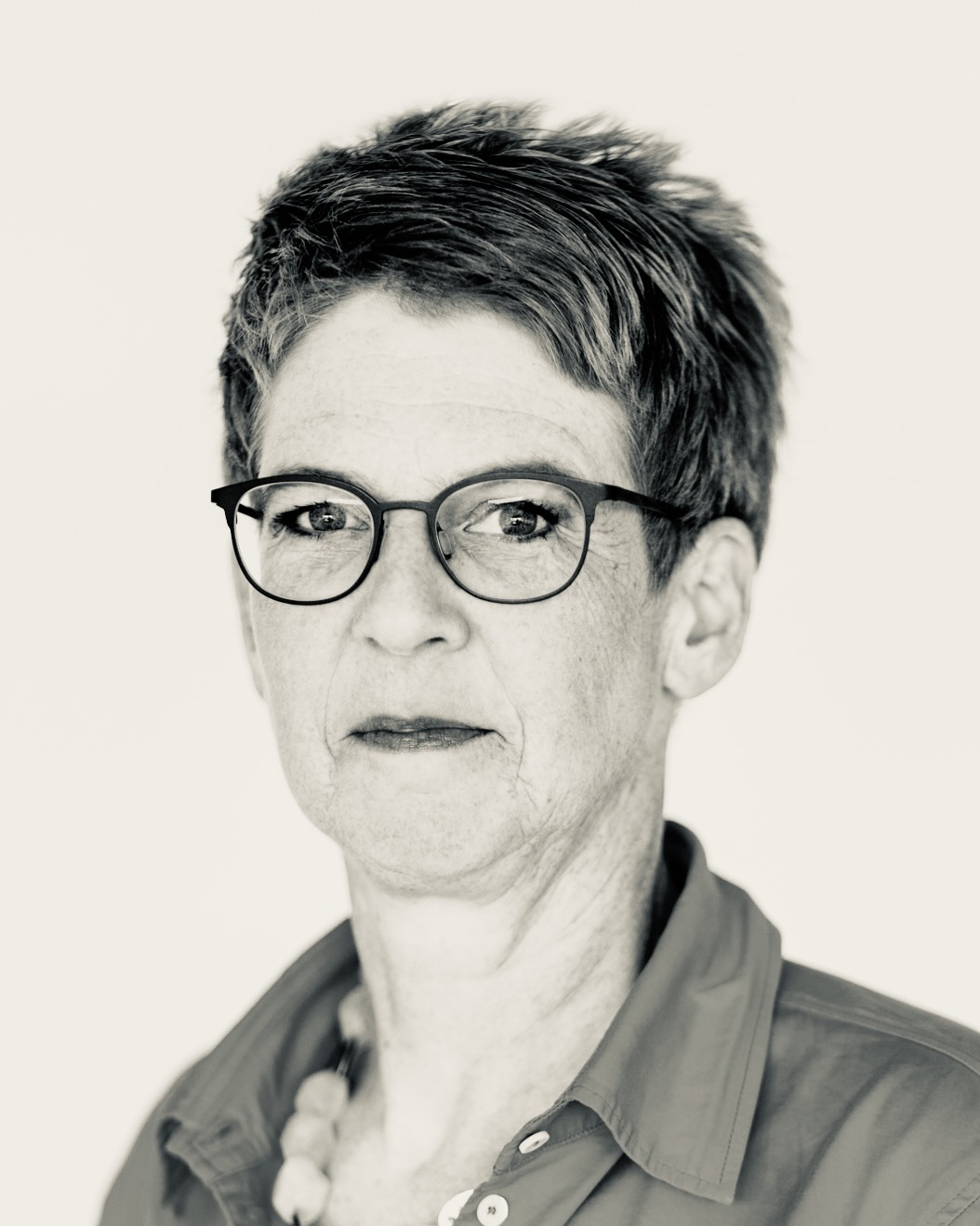
Prof. Dr. Susanne Schattenberg
I am Professor of Contemporary History and Culture of Eastern Europe and Director of the Research Centre for East European Studies at the University of Bremen. My own research interests have been and still are in the 19th century administrative culture of Russia, diplomatic history of Russia and the Soviet Union, Stalinism, the times of Khrushchev and Brezhnev. I have published, among others, a book on Stalin’s engineers and most recently a biography of Leonid Brezhnev.
As director of the Research Centre, I oversee an archive that is unique in the world, with over 600 personal inventories of dissenters from the Soviet Union. Here, the focus is on dissent as an act of protest and resistance. I am interested in the various ways in which people under state socialism expressed their dissent: as stubborn interpretations of state norms, as satire on the official cultural establishment, as non-conformist writings, poems, novels that they circulated in samizdat, as petitions to the state and the party that they signed.
What kind of doctoral projects would I like to supervise?
- For example, we have the personal archive of the writer Chingiz Guseynov, who describes in his diaries that he would have liked to protest against the regime, but did not dare. Or the estate of the writer Yuri Trifonov, who was not considered a dissident and was allowed to publish, but nevertheless inspired many non-conformist writers with his critical works. These figures are a good example for researching the structural and individual conditions under which people are willing to dissent and what prevents them from doing so.
- Or we have the correspondence of the avant-garde composer Edison Denisov, who did not see himself as a dissident. But his serial music was so at odds with the official musical norm and the listening habits of many Soviet people that he was considered a nonconformist and was not allowed to play the major halls. Why was his music interpreted as a contradiction? Why did he develop it and stick to it despite all the disadvantages?
- Furthermore, there is the famous periodical “Chronicle of Current Events”, which appeared uncensored underground in 63 issues between 1968 and 1983. In order not to fall under the penal paragraph for anti-Soviet propaganda, the editors abstained from any commentary and described only the facts of criminal trials and the situation of prisoners in the camps. What kind of conformist nonconformism is this? What drove these women and men to continue their chronicle for more than 15 years, although they were constantly observed by the KGB, harassed and repeatedly arrested and sentenced?
I would like to supervise such and other similar PhD theses!